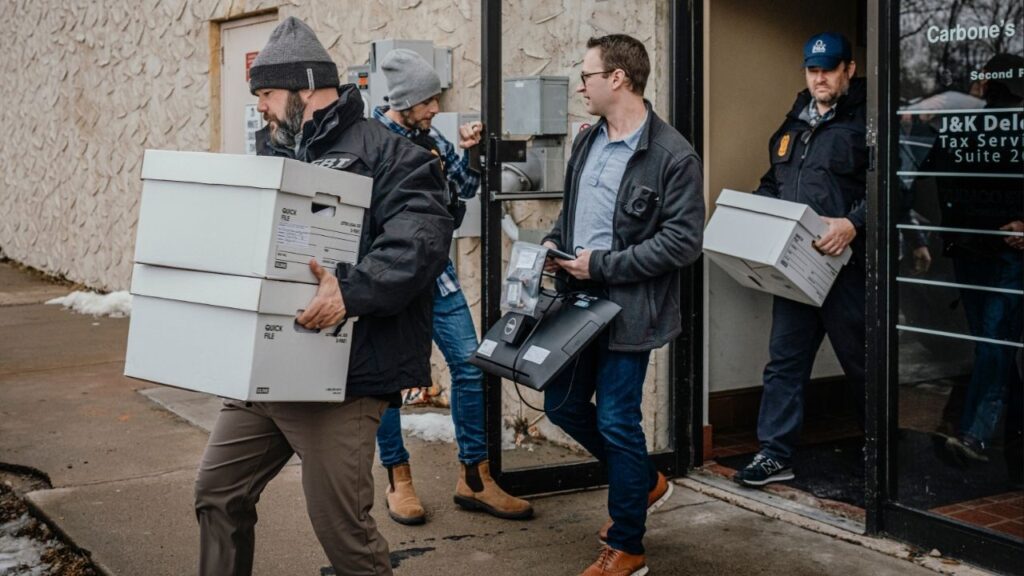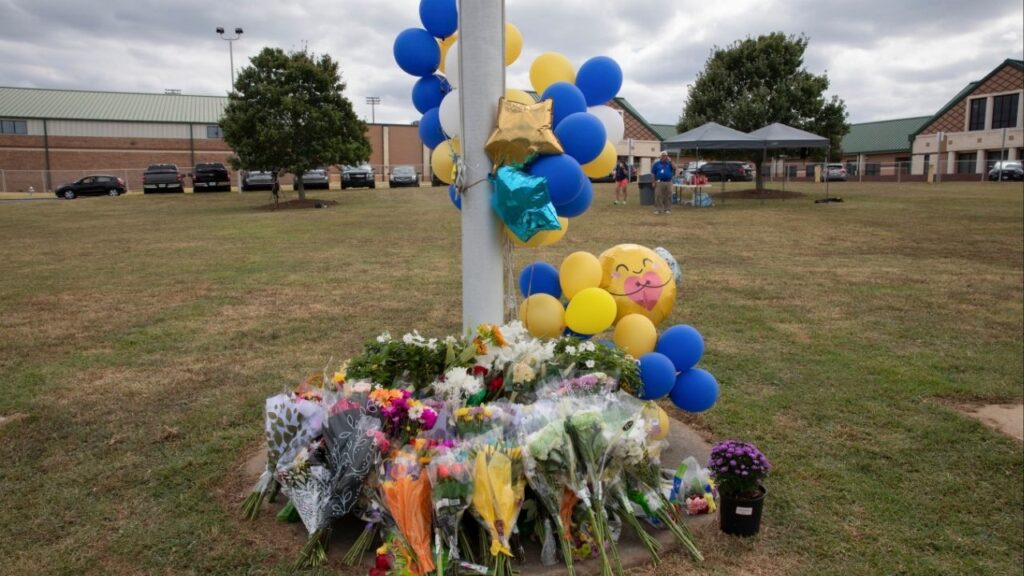
- Brown's career spanned radio, ABC News, and CNN, where he made a lasting mark during the 9/11 attacks.
- His CNN newscast 'NewsNight' gained a following for its quirky, cerebral approach to news coverage.
- After leaving CNN, Brown taught journalism at Arizona State University and hosted a PBS show.
Share
NEW YORK – Aaron Brown, a veteran television news anchor whose steady hand helped guide CNN viewers through the unfolding tragedy of the Sept. 11, 2001, attacks has died.
CNN, citing a statement from Brown’s family, reported that he died Sunday. A cause of death was not given. He was 76.
From Radio to Television
Brown began his career in Minneapolis as a radio talk show host. His career in TV began in Seattle before he was named the founding anchor of ABC’s “World News Now.” He also anchored “ABC’s World News Tonight Saturday,” and was a reporter for “World News Tonight with Peter Jennings,” “Nightline,” and other ABC news programs.
But it was at CNN where he made a lasting mark — even before he was supposed to be on the air.
Related Story: Jimmy Carter, the 39th US President, Has Died at 100
Covering 9/11
On the morning of Sept. 11, 2001, Brown started his career at the network earlier than expected, anchoring from a Manhattan rooftop as the attacks were happening. When the second tower fell that morning, Brown responded with the horror most viewers no doubt felt.
“Good lord,” he said. “There are no words.”
His coverage of the attacks earned Brown the Edward R. Murrow Award. He also won three Emmy awards during his career, along with other honors.
Career at CNN and Beyond
Brown’s quirky, cerebral 10 p.m. CNN newscast “NewsNight” had a following with fans who enjoyed his commentaries and “The Whip,” a quick review of top international stories, but he lost ratings ground to Greta Van Susteren of Fox News.
Brown left CNN during a shakeup in November 2005, when his time slot went to rising star Anderson Cooper.
Looking back at this time at CNN, Brown said he was confronted by the challenge of doing serious journalism while also being in a “very ratings-driven environment.”
“I don’t want to get into the business of indicting cable TV, but some of what went on was just television, not journalism,” he told The Associated Press in 2008.
“I didn’t practice the ‘high church’ of journalism all the time, but I think there was some sense that I was uncomfortable in that other, tabloidy world, and I think viewers knew that and I couldn’t pull it off,” Brown said in that 2008 interview.
Related Story: Hall of Famer Rickey Henderson, Baseball’s Stolen Base King, Has Died at ...
After leaving CNN, Brown taught for years at Arizona State University as its first Walter Cronkite professor of journalism. In 2008, he came back to TV on PBS’ “Wide Angle,” a weekly public affairs show.
“Aaron got to do the work that he loved – and he felt lucky to do that work as part of a community of people who were dedicated to good journalism and who became good friends,” Brown’s wife, Charlotte Raynor, said in a statement.
She noted that Brown worked varying shifts over his career, but “he always found a way to make both ordinary and special times with our daughter Gabby and me.”
RELATED TOPICS:
Categories

School Bus Involved in Fresno Crash, No Student Injuries

Minnesota Sues Federal Government Over Withheld Medicaid Funds

Fresno Police Arrest 19 in DUI Enforcement Operation

















